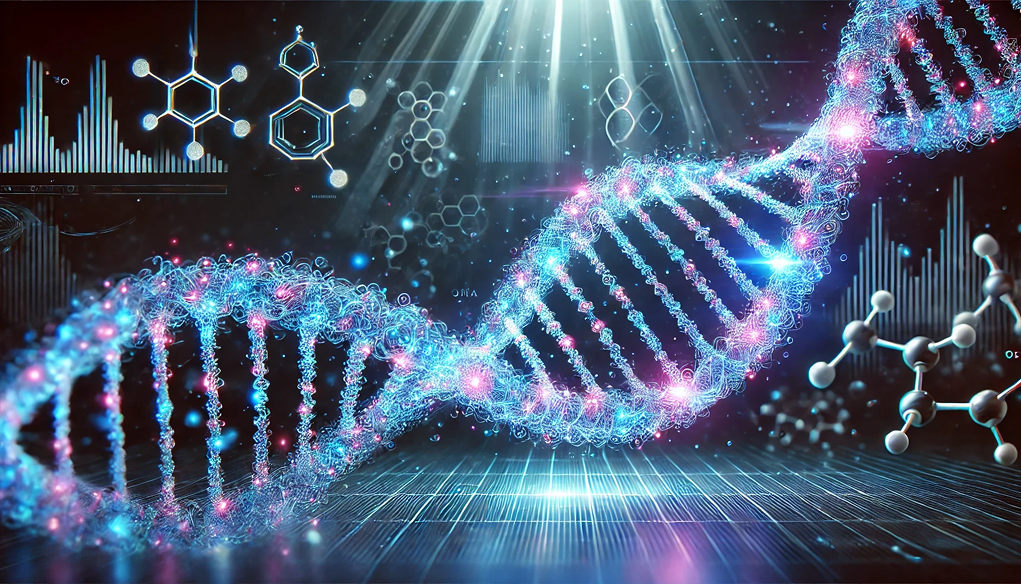Synthetic biology has long been a topic of discussion in food production, promising to reshape the way we cultivate, manufacture, and consume food. While the concept is no longer new, recent breakthroughs are rapidly pushing the boundaries of what was once thought impossible. From lab-grown cocoa to precision-fermented dairy, synthetic biology is unlocking new possibilities for sustainability, efficiency, and food security. But with these advancements come regulatory, ethical, and economic challenges that demand careful scrutiny.
As food safety, regulatory, and quality assurance professionals, we must stay ahead of these developments. What are the latest breakthroughs in synthetic biology? How will they impact food safety, regulation, and global supply chains? And most importantly, is the industry ready for this revolution?
What is Synthetic Biology in Food Production?
Synthetic biology in food production is an advanced scientific approach that involves redesigning biological systems to create sustainable, efficient, and innovative food solutions. By leveraging techniques like CRISPR gene editing, precision fermentation, and cell-based cultivation, synthetic biology enables the production of lab-grown meats, dairy-free proteins, and even climate-resilient crops. This cutting-edge field addresses food security challenges, reduces environmental impact, and enhances the nutritional profile of various food products. As regulatory frameworks evolve, synthetic biology is poised to revolutionize the global food industry, offering novel solutions to meet growing consumer and sustainability demands.
Breakthrough #1: Cell-Based Cocoa – The Answer to Climate-Induced Shortages?
The global chocolate industry is facing a crisis. Climate change, deforestation, and supply chain vulnerabilities are threatening the availability of cocoa, leading to price surges and ethical concerns about sourcing. Enter synthetic biology.
Celleste Bio, a biotech startup, has pioneered cell-based cocoa production, allowing cocoa cells to be cultivated in controlled environments without the need for traditional farming. This breakthrough aims to stabilize the cocoa supply chain while reducing the environmental footprint associated with deforestation and pesticide use (Financial Times).
But is lab-grown cocoa truly scalable? While the technology holds promise, regulatory agencies are still debating its classification. Will it be regulated as a novel food? And how will consumers perceive it compared to traditionally grown chocolate?
Breakthrough #2: Precision Fermentation – Dairy Without Cows
Precision fermentation is not new, but its application in dairy production is accelerating. By programming microbes to produce casein and whey proteins, companies like Perfect Day are creating dairy-identical products without the need for livestock. The result? Milk, cheese, and yogurt that taste the same but come with a lower environmental impact.
This innovation presents a major opportunity for reducing methane emissions from dairy farming, one of the largest contributors to greenhouse gases. However, questions around labeling, allergenicity, and market acceptance remain. Will consumers embrace these synthetic dairy products? And how will food safety regulators classify them?
Breakthrough #3: CRISPR-Based Plant Diagnostics – A New Tool for Food Security
Northwestern University recently unveiled PLANT-Dx, a CRISPR-based diagnostic tool that allows farmers to detect plant diseases before symptoms appear (McCormick School of Engineering).
This advancement is particularly relevant for low-resource farming regions, where early disease detection can prevent catastrophic crop failures. By integrating synthetic biology into agricultural monitoring, food security can be dramatically improved. However, widespread adoption depends on cost, accessibility, and farmer training. How soon can we expect this to become a global standard?
The Challenges: Regulation, Cost, and Consumer Acceptance
While these breakthroughs are exciting, synthetic biology in food production faces several obstacles:
-
Regulatory Hurdles – Governments and food safety authorities worldwide are grappling with how to regulate synthetic biology products. Should lab-grown cocoa and precision-fermented dairy be labeled differently? How should synthetic biology products be monitored for food safety risks?
-
High Production Costs – Many synthetic biology food products remain expensive to produce at scale. Cost reductions will be crucial for mainstream adoption.
-
Consumer Skepticism – Will the public accept synthetic food as a natural and safe alternative? While some consumers embrace innovation, others remain wary of "unnatural" foods.
The debate around synthetic biology is far from settled. Lab-grown meat, for instance, has been approved for pet food in the UK but faces barriers for human consumption (The Scottish Sun).
The Road Ahead: Balancing Innovation and Safety
Perhaps the most critical concern surrounding synthetic biology is the need for responsible innovation. Scientists have recently raised alarms about synthetic "mirror" microbes—organisms with reversed molecular structures that could pose unforeseen risks (Financial Times).
International regulations will need to keep pace with these advancements to prevent unintended ecological consequences. As professionals in food safety and regulation, our role will be crucial in shaping policies that support innovation while ensuring consumer safety.
Conclusion: The Future of Food Safety in Synthetic Biology
Synthetic biology is at an inflection point. It has the potential to revolutionize food production, making it more sustainable, efficient, and resilient to global challenges. However, the industry must address regulatory hurdles, cost barriers, and consumer trust before these innovations become mainstream.
As food safety and regulatory professionals, we must proactively engage with these developments, ensuring that synthetic biology enhances food security without introducing new risks. The future of food is being rewritten—are we ready to navigate its complexities?





.webp?width=1644&height=1254&name=Food%20Safety%20Dashboard%201%20(1).webp)
